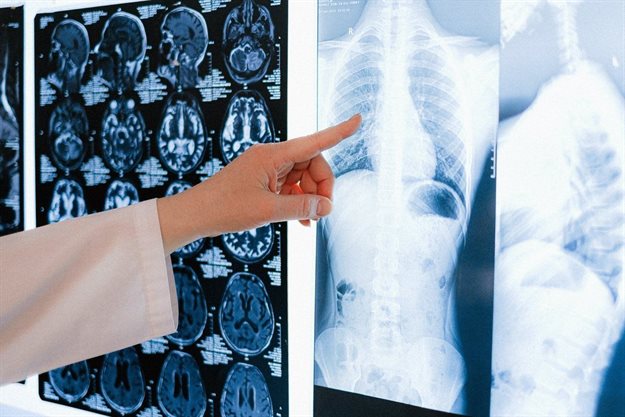Research has discovered that antiretroviral treatment (ART) reduces the risk of developing active tuberculosis (TB) in HIV co-infected people by reducing the activation of the body's immune response. The study was a collaboration between scientists from the Wellcome Centre for Infectious Diseases Research in Africa at the University of Cape Town (UCT) and the Francis Crick Institute in the United Kingdom, and the findings recently published in the Frontiers in Immunology journal.

Photo by Anna Shvets from
PexelsTB remains the leading bacterial cause of death worldwide. The biggest recognised risk factor for developing TB disease is HIV infection. For this research, HIV infected people starting ART were recruited from the Ubuntu Clinic in Khayelitsha.
Lead author of the research and principal laboratory research scientist at UCT and Francis Crick Institute, Associate Professor Katalin Wilkinson, said the findings indicate that ART-induced decrease in immune activation combined with improved antigen responsiveness may contribute to reduced susceptibility to TB in HIV co-infected people.
“This highly susceptible group who undergo immune reconstitution through ART, and thereby become less susceptible to TB, will yield insight into protective mechanisms against TB in humans,” said Wilkinson.
“ART is an effective way to reduce the risk of TB in HIV co-infected people, reducing TB incidence between 54 and 92% at the individual level. ART was shown to be associated with the decline of TB in sub-Saharan Africa between 2003 and 2016, preventing an estimated 1.88 million cases.”
In order to understand host immune responses during ART in the context of TB sensitization, the scientists performed RNA-Seq analysis of whole blood-derived RNA from people with latent TB infection co-infected with HIV during the first six months of ART.
They observed a significant reduction in immune activation and inflammation at six months of ART compared to day 0. Further exploratory evaluation of 65 soluble analytes in plasma confirmed the significant decrease of inflammatory markers after 6 months of ART.
Wilkinson said before the commencement of ART, the risk of TB is increased at all stages of HIV infection.
“This could be due to depletion of Mycobacterium tuberculosis specific T cells early during HIV infection as well as impairment of function of these antigen-specific CD4 T cells. We and others have shown that increased ART-mediated immunity broadly correlates with the expansion of early differentiated (central memory) T-cell responses and overall reduction in cellular activation. More specifically, we recently demonstrated that the numbers of Mtb-antigen specific CD4 T cells increase during the first 6 months of ART, together with proportionally expanded polyfunctionality and a concomitant decrease in their activation profile.”
Read the full paper here.
















































